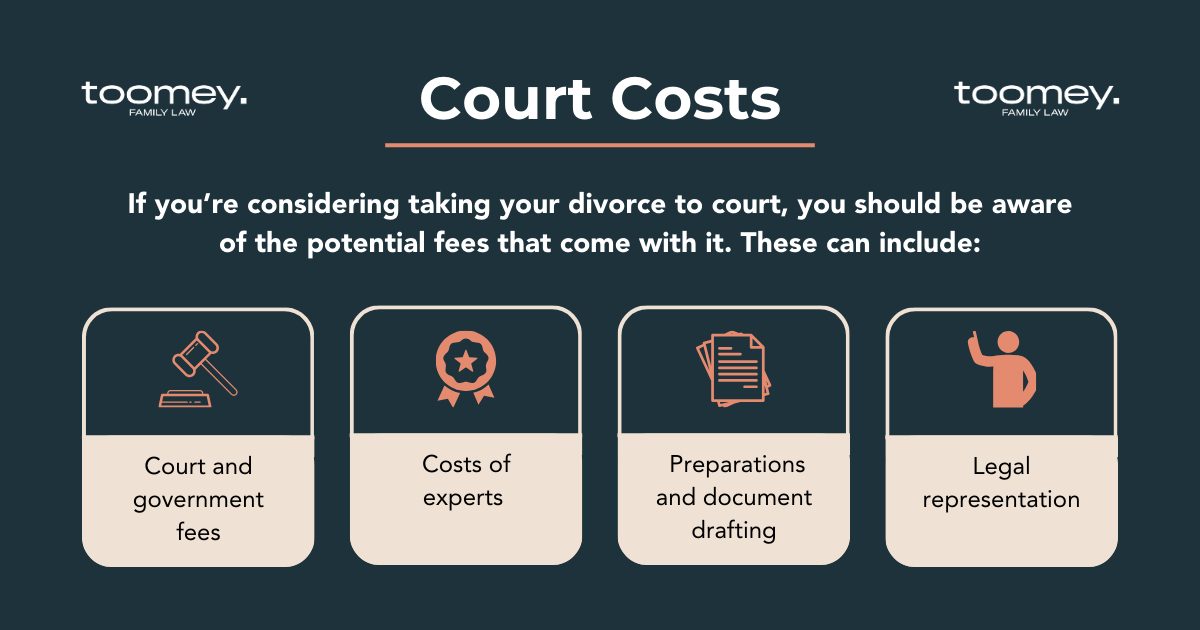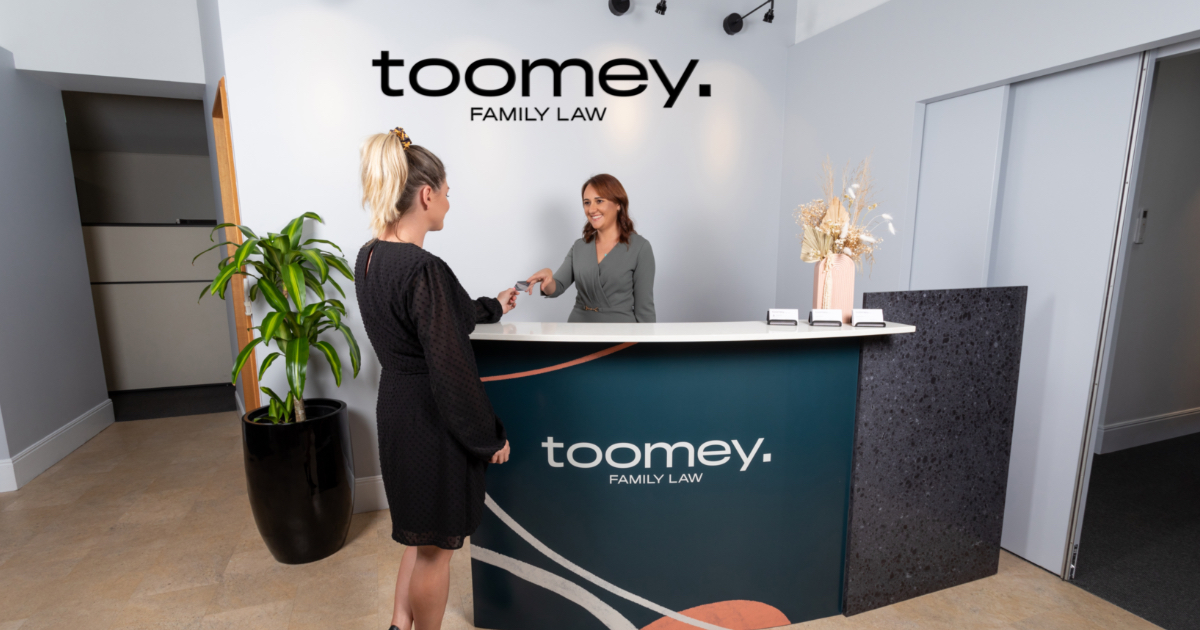
23 Nov Mediation costs vs court costs: Deciding what’s right for you
One of the anecdotes about divorce is that it’s hugely expensive. And of course, this can be true (just take a look at any celebrity divorce!). But it doesn’t have to be. There are ways you can keep the costs down while still ensuring an efficient separation process. And one of the best ways to start is to understand the costs of both the court process and mediation.
Mediation costs vs court costs
When clients are going through a divorce or separation, they often worry about the cost of going through the court process. They worry that all their assets and savings will get sucked up into the costs of legal representation and court fees. On the other hand, they fear that if they choose the mediation route, this may not result in an agreement between both parties – which may mean it’s just a waste of money and time.
But choosing one over the other is not just a matter of financial costs but also time, mental and emotional expenses.

Mediation costs
Mediation is a great place to start when your relationship breaks down or when you are experiencing disputes over parenting, property, child support or other issues. It allows both parties to share their side of the story and express their needs and interests, as well as make suggestions and share opinions on possible resolutions.
Mediation is typically facilitated by a neutral third party and works best when both parties are coming to the table with preparation, good intentions, respect and a desire to reach an equitable solution for all. Parties do not have to have a lawyer present, but it is recommended. The aim is for the parties to reach their own agreement, and this ultimately helps them to feel a sense of control over the process and the outcome.
Mediation is typically very cost-effective. And, if all goes well, should not cost more than a few thousand dollars for the mediator. Though you’ll also have your lawyer’s fees to pay to prepare for and attend the mediation, the process is still much cheaper than preparing for a court trial.
Mediation can also leave both parties feeling good about the end result. In most cases, it can also resolve issues within a short period of time, potentially reducing the mental and emotional strain experienced by couples going through a separation or divorce. The likelihood of settling is also very high. In fact, mediation statistically settles more than 85% of initiated disputes and most mediations conclude or settle within 30 days from initiating the process.
The mediation process is informal. This is one of the reasons that appeals to parties. But this also means that while the information discussed is confidential, the mediation process is not legally binding. If you reach an agreement between all parties, a lawyer can help you file it with the Family Court and make the resolution legally binding.

Court costs
The Federal Circuit and Family Court of Australia (the FCFCOA Court) advises that when it is safe, court proceedings should be considered as a last resort. It stresses the importance of parties making ‘genuine attempts to engage in dispute resolution, to avoid the time, cost and stress associated with litigation’. Because of this preference for dispute resolution over court proceedings, the FCFCOA Court requires certain pre-action procedures (for example, requiring the attempt at dispute resolution) before they’ll even consider hearing a case.
Of course, sometimes the court process is inevitable. This could be true in cases where you cannot reach an agreement, there is too much ill will between parties, one party is not open to negotiations or it is unsafe to engage in dispute resolution with your ex-partner.
The cost of going to court can be incredibly high. In fact, taking your case to the FCFCOA Court would typically cost you between $50,000 and $150,000 or more depending on the issues and arguments. In fact, there have been some publicised matters where legal fees have been in the millions.
When figuring out your particular costs, you’ll need to consider all of the potential costs. These can include:
- court and government fees
- costs of preparing for court and drafting court documents
- costs of experts
- legal representation expenses both before, during and after your trial
Keep in mind that if you lose the case, you could also be ordered to pay the other party’s legal fees on top of your own.
In addition to the financial expense, the court process can also put a massive strain on your mental and emotional resources. The process, the length of time it takes to reach a resolution, and the outcome are all out of your control. Many clients also worry about how much the legal process will affect their children.

Making your decision
The difference in financial expenses between mediation and the court process is clear: while mediation costs may only be a few thousand dollars, going to court could result in paying more than $70,000.
But let’s not forget the other costs: time, mental energy and emotional upset. It is likely that the court process will also take up a lot more of these resources.
A good family law professional will be able to give you guidance on the right path for your situation. Quality lawyers will be able to avoid the back-and-forth drama and hold strong to the sticking points to achieve the outcome you want in the best possible timeframe and at the lowest financial cost.
Here at Toomey Family Law, we specialise in marital and relationship cases, particularly those with complex estate mediation and property settlements. We provide a fair and transparent fee structure and will always practice with integrity.




